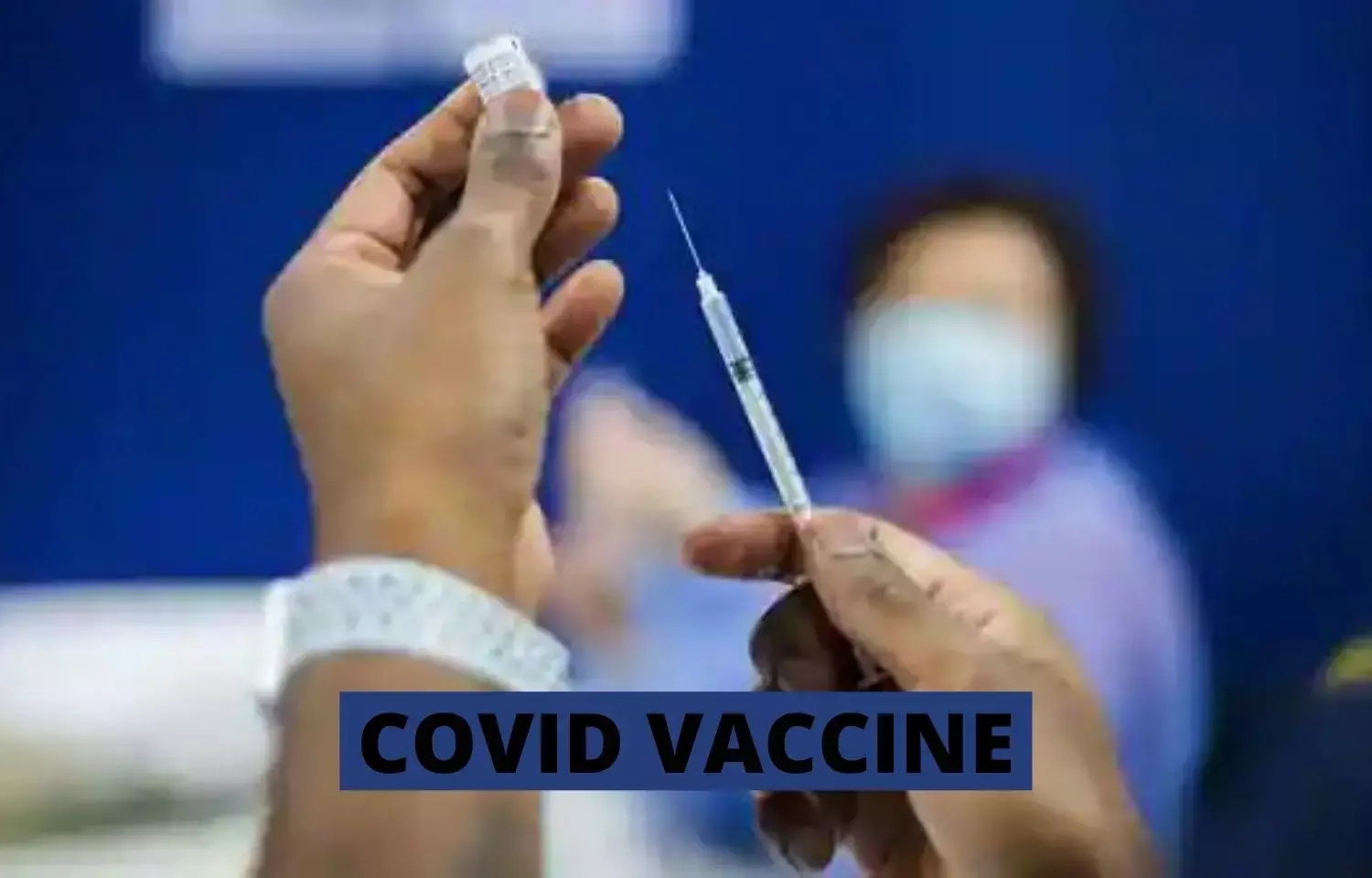- Home
- Medical news & Guidelines
- Anesthesiology
- Cardiology and CTVS
- Critical Care
- Dentistry
- Dermatology
- Diabetes and Endocrinology
- ENT
- Gastroenterology
- Medicine
- Nephrology
- Neurology
- Obstretics-Gynaecology
- Oncology
- Ophthalmology
- Orthopaedics
- Pediatrics-Neonatology
- Psychiatry
- Pulmonology
- Radiology
- Surgery
- Urology
- Laboratory Medicine
- Diet
- Nursing
- Paramedical
- Physiotherapy
- Health news
- Fact Check
- Bone Health Fact Check
- Brain Health Fact Check
- Cancer Related Fact Check
- Child Care Fact Check
- Dental and oral health fact check
- Diabetes and metabolic health fact check
- Diet and Nutrition Fact Check
- Eye and ENT Care Fact Check
- Fitness fact check
- Gut health fact check
- Heart health fact check
- Kidney health fact check
- Medical education fact check
- Men's health fact check
- Respiratory fact check
- Skin and hair care fact check
- Vaccine and Immunization fact check
- Women's health fact check
- AYUSH
- State News
- Andaman and Nicobar Islands
- Andhra Pradesh
- Arunachal Pradesh
- Assam
- Bihar
- Chandigarh
- Chattisgarh
- Dadra and Nagar Haveli
- Daman and Diu
- Delhi
- Goa
- Gujarat
- Haryana
- Himachal Pradesh
- Jammu & Kashmir
- Jharkhand
- Karnataka
- Kerala
- Ladakh
- Lakshadweep
- Madhya Pradesh
- Maharashtra
- Manipur
- Meghalaya
- Mizoram
- Nagaland
- Odisha
- Puducherry
- Punjab
- Rajasthan
- Sikkim
- Tamil Nadu
- Telangana
- Tripura
- Uttar Pradesh
- Uttrakhand
- West Bengal
- Medical Education
- Industry
COVID vaccine effectiveness declines after 6 months without boosters: Providence study

A study released in The Lancet Respiratory Medicine by Providence, one of the largest health systems in the United States, confirms the overall effectiveness of vaccines in preventing severe infection resulting in hospitalization from Covid-19, but also shows a substantial decline in protection after six months. Completed by a team of clinicians and scientists in the Providence Research Network, the study examined data from nearly 50,000 hospital admissions between April and November of 2021, finding that vaccines were 94% effective at preventing hospitalization 50-100 days after receiving the shot but fell to 80.4% 200-250 days later, with even more rapid declines after 250 days.
In addition to examining the effectiveness of vaccines over time, the Providence study was also able to identify factors associated with reduced vaccine effectiveness. Key risk factors for a severe "breakthrough" infection included advanced age (80+), comorbidities such as cancer, transplants, chronic kidney disease, hypertension, or heart failure, the amount of time that had elapsed since being vaccinated, and the type of vaccine one received. For the latter factor, the study found that the Moderna vaccine offered the best overall protection over time, while the Pfizer-BioNTech vaccine offered initial protection equivalent to Moderna's but declined more rapidly over time. Persons receiving the Janssen vaccine also had higher odds of experiencing a severe breakthrough infection compared to Moderna.
"This data helps us understand differences in waning protection by vaccine type and identify the key risk factors for severe breakthrough infections to help inform the targeting of potential vaccine booster programs," said Amy Compton-Phillips, M.D., Providence chief clinical officer. "Unlike most other studies, our data stretched beyond six months, where we found evidence of rapidly waning protection, especially for patients 80 or older. We were also able to identify important differences by vaccine type and patient characteristics that should help inform potential booster programs."
The Providence study, one of the largest of its type, showcases the value of connecting a network of researchers with large scale health care data to help health systems, public health agencies, policymakers, and patients and community members learn and react more quickly to emergent or endemic health challenges. Overall, the data supports the importance of vaccinations for protection against hospitalization, and also clearly evidences the need to boost that protection after 200 days, particularly for patients age 80 and up or with specific medical conditions that increase their risk of severe infection.
"Additional protection may be warranted for everyone, but especially for these populations," said Ari Robiscek, M.D., Providence chief medical analytics officer. "In addition to promoting general vaccine uptake, clinicians and policy makers should consider prioritizing booster shots toward those most at risk for severe Covid-19."
https://www.thelancet.com/journals/lanres/article/PIIS2213-2600
Hina Zahid Joined Medical Dialogue in 2017 with a passion to work as a Reporter. She coordinates with various national and international journals and association and covers all the stories related to Medical guidelines, Medical Journals, rare medical surgeries as well as all the updates in the medical field. Email: editorial@medicaldialogues.in. Contact no. 011-43720751
Dr Kamal Kant Kohli-MBBS, DTCD- a chest specialist with more than 30 years of practice and a flair for writing clinical articles, Dr Kamal Kant Kohli joined Medical Dialogues as a Chief Editor of Medical News. Besides writing articles, as an editor, he proofreads and verifies all the medical content published on Medical Dialogues including those coming from journals, studies,medical conferences,guidelines etc. Email: drkohli@medicaldialogues.in. Contact no. 011-43720751


